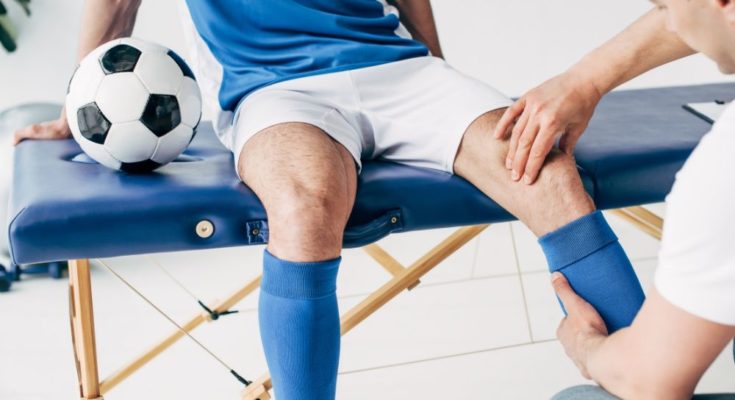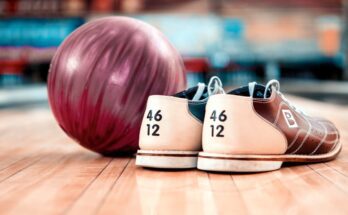Whether it’s your profession or hobby, sports are an empowering part of your life. Sports help people push themselves mentally and physically, but sometimes, accidents happen that result in significant injuries. These are common across the sports industry, but focusing on recovery is critical. The guide below will offer several helpful tips for dealing with sports-related injuries.
Speak With an Expert Immediately
Sports injuries come in two distinct forms: acute and chronic. An acute injury is a sudden action, such as falling on the playing field or running into another player. A chronic injury develops over time due to repetitive motions. A common example of this is tennis elbow. Whether your injury is acute or chronic, you should speak with a physical medicine expert immediately. You may think that taking some time to rest during the afternoon is all you need, but it may be more than that, which is why having expert eyes on the injury is invaluable.
Physical medicine plays a key role in pain management for multiple reasons, such as its focus on finding personalized solutions. A physical medicine expert will assess your lifestyle and health status to build the perfect plan for recovery. Medicine can even manage chronic injuries when you have the help of a reliable pain expert.
Set Physical Goals for Yourself
One important component to collaborate with your pain management expert on is physical milestones. This is important for both physical and mental preparation during recovery. For instance, if you’re a tennis player, set a specific date that you want to be able to complete a match by.
This can be a great motivational tool during recovery because it gives you an end goal to work toward as you train and a reminder not to over-extend your abilities. It’s important to have goals, but they should be realistic. Discuss these goals with your health-care provider so that you both can monitor your progress toward recovery and, ultimately, complete those goals.
Rethink Your Gameplay Strategy
One of the most helpful tips for dealing with sports-related injuries is to rethink how you play. We don’t mean that you should overthink every move, but it’s essential to be mindful of your body’s limits so that you can stay healthy. As mentioned above, you don’t want to push yourself too far during training, and the same principle applies to your return to the playing field.
For example, if awkward, repetitive movements caused your injury, talk with your health-care expert about how you can change your gameplay movements. It also helps to talk with other professionals and players in your preferred sport to learn how they take care of themselves. That way, you can sharpen your skills and prioritize your health whenever you step out on the tennis court, soccer field, and beyond.



